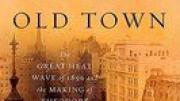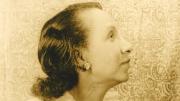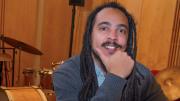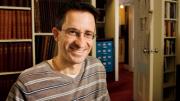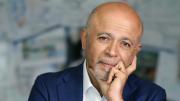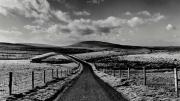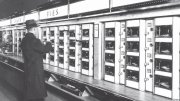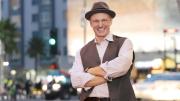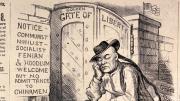Most of us enduring this summer's heat waves will feel lucky after reading this book. Edward P. Kohn ’90's Hot Time in the Old Town: The Great Heat Wave of 1896 and the Making of Theodore Roosevelt is concerned with the political ramifications of one of the worst natural disasters in American history, 10 horrifying days in New York City in August 1896 that left almost 1,500 people dead.
Kohn does not pass over the squalid, pitiable details of the disaster—dead horses piled up at street corners, human victims who fell to their deaths because they slept on roofs—but he focuses on two figures, Theodore Roosevelt, A.B. 1880, LL.D. 1902, and William Jennings Bryan. The 37-year-old Roosevelt was then president of New York's Board of Police Commissioners, and his efforts to provide ice for the city's poorest and most vulnerable residents were crucial to building his political reputation. For Bryan, however, the crisis provided no such opportunity: his speech accepting the Democratic nomination for president was supposed to be a spectacular launching pad for his national campaign, but the heat proved too oppressive for his audience, which left in droves.
The disaster, Kohn argues, was "a potent catalyst for change... [T]he philanthropists of the Progressive Era called for reform on all levels: of working conditions and work hours, of housing conditions, of sanitary conditions, of government conditions that allowed corruption, and of economic conditions that had made New Yorkers of August 1896 so susceptible to death and disease in the first place."
Kohn currently chairs the department of American culture and literature at Bilkent University, in Ankara, Turkey.
